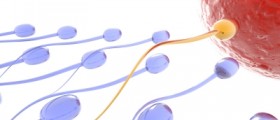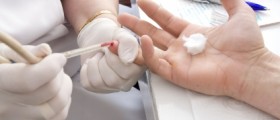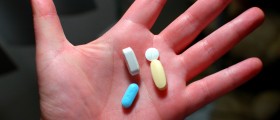
If there is a normal sperm count but the problem is clearly sperm motility, then there is support with nutritional supplements. In a doctor-directed clinical study, men with athenospermia were instructed to take 3,000 mg of the amino acid L-carnitine every day for four months. At the end of the study, the volunteers donated another sperm sample for analysis. Taking L-carnitine did not bring the percentage of moving sperm up to the desired 60 per cent. L-carnitine treatment only brought the average percentage of motile sperm up to about 37 percent. In most cases, however, this was enough to enable men to become fathers.
It's also possible to make the challenges of motility easier by changing the female partner's cervical mucus. When the mucus lining the cervix is thick, brown, and filled with inflammatory chemicals, sperm have to be motile to survive. When the mucus lining the cervix is thin, white, and "stretchy," sperm are helped along by the viscosity of the mucus to enter the uterus with a minimum expenditure of energy.
The most useful supplement for changing the consistency of cervical mucus is evening primrose oil, also known as EPO. When women use this supplement, it will be very obvious whether they are getting results or not. An appropriate dosage of EPO for most women is 1,000 to 2,000 mg per day. The supplement will work better if women avoid foods that are rich in a fatty acid called arachidonic acid, which is found in eggs, beef, hot dogs, and luncheon meat. It's important only to take the supplement during the first half of the menstrual period, however, since in theory it can cause uterine contractions that interfere with the implantation of the fertilized egg.
















Your thoughts on this
Loading...